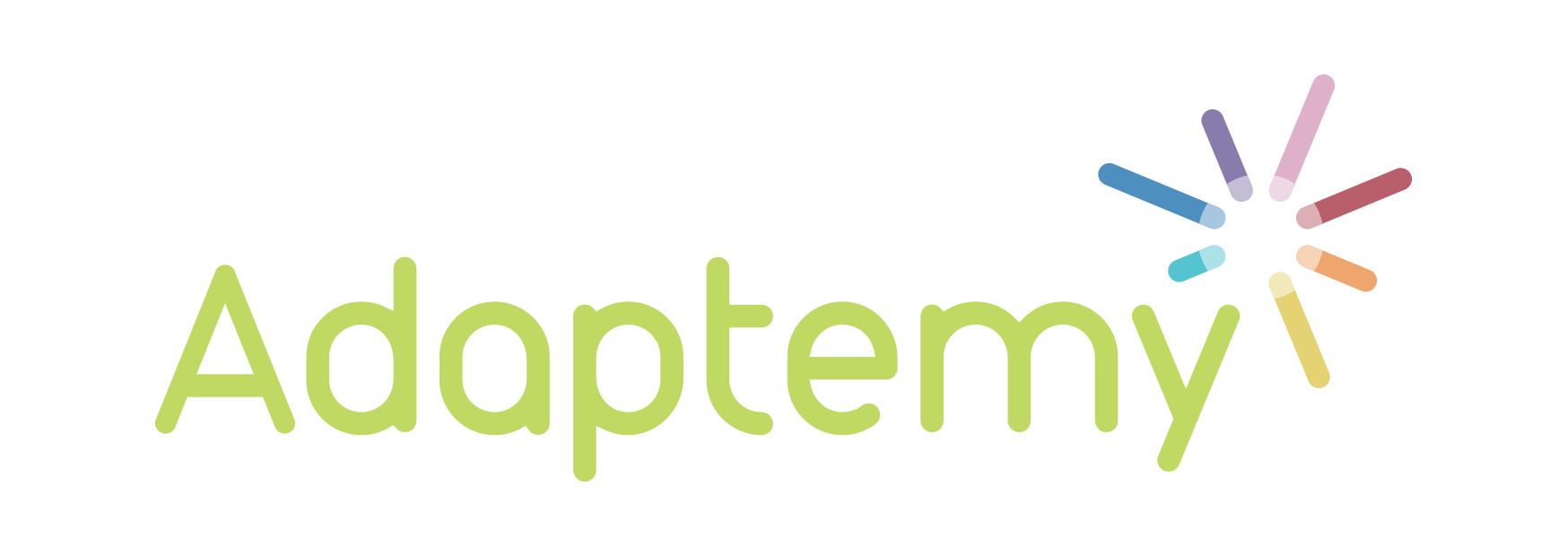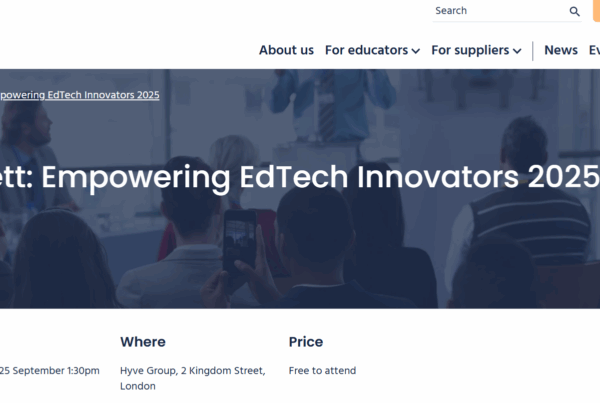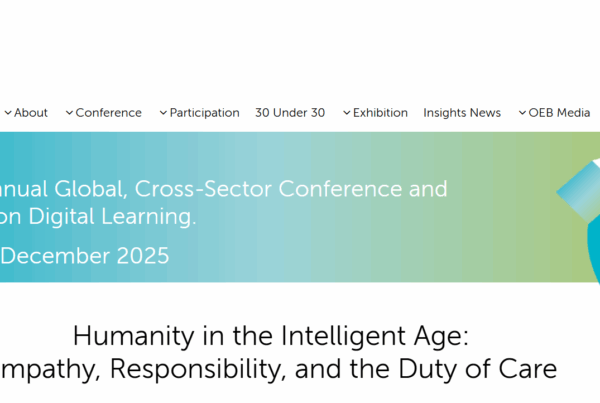
Almost three years ago my colleague and CEO of Adaptemy Conor O’Sullivan, published a blog that set out to define exactly what teacher empowerment is. It remains by far the most popular article on our website.
In drafting the piece, the challenge of describing an intangible such as empowerment, in the context of teaching, is no easy feat. However, we concluded that the following definition by Frances Bolin came closest to our understanding of the term. Bolin describes it as “investing teachers with the right to participate in the determination of school goals and policies and to exercise professional judgment about what and how to teach”.
In this view, being an empowered teacher means having access to information and materials and being free to use these resources in a way that meets student needs and targets. Empowered teachers are given the encouragement and support necessary to take risks and engage in Continuous Professional Development (CPD) while collaborating with their colleagues, and this process is essential to success in education.
For the first episode of The Future of Schools, our new podcast that explores how technology is impacting the classroom and talks to the people behind it, I spoke to David O’Grady, a secondary school maths and physics teacher, who has worked in Ireland, China and soon to be Belgium. While the show covers many topics, David emphasised that for any edtech solution to succeed it must “be easy to use, save time by comparison with traditional methods and add value to the teacher. When the technology works effectively, teachers will adopt it.”
This resonates well with Bolin’s definition of teacher empowerment, where technology can be used to deliver detailed insights and automate tasks, that enable teachers to create better, more personal learning experiences for students. Unfortunately, when it comes to edtech and educational publishers’ digital solutions, it seems this critical element is often overlooked. If the time, effort and finance publishers invest in edtech is to deliver a return, then it is imperative that a clear value proposition be established and that the end product delivers tangible value to the teacher.
To find out why David gave up on Moodle, what technologies he’s embracing and his predictions for the classroom of the future, subscribe to our podcast.
Conor Flynn is COO at Adaptemy, a global leader in adaptive learning solutions and consultancy




